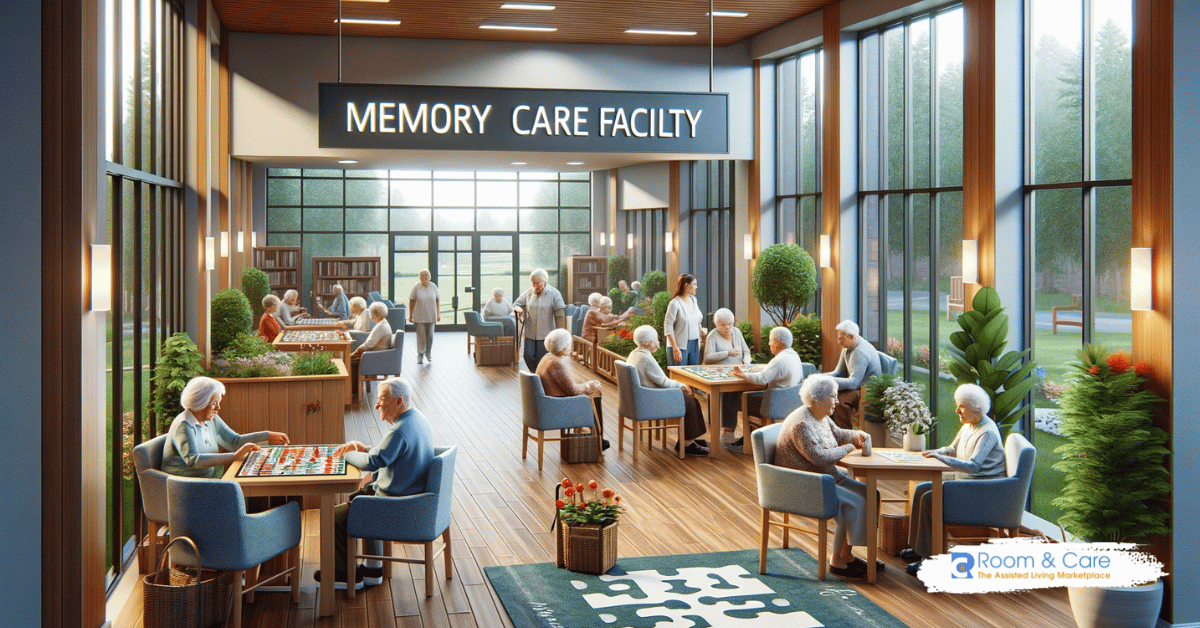Developing a Safe and Helpful Environment for Alzheimer's Treatment
The production of a secure and supportive environment for people with Alzheimer's is critical in boosting their high quality of life. Discovering these complex approaches can reveal crucial insights into efficient caregiving methods that might change the everyday experiences of both caregivers and patients.
Understanding Alzheimer's Needs
Regularly, people with Alzheimer's disease exhibit a variety of demands that call for customized strategies to care. As the problem proceeds, cognitive decrease materializes in different ways, impacting memory, reasoning, and even the capacity to do everyday activities. Caregivers must recognize these evolving demands to supply proper assistance and ensure a greater top quality of life for those impacted.
One vital aspect of understanding Alzheimer's needs is recognizing the relevance of regular and familiarity. People usually locate convenience in recognized patterns, which can reduce anxiousness and confusion. Caretakers must aim to create organized daily timetables that integrate purposeful activities straightened with the person's abilities and interests.
In addition, efficient interaction is vital. Individuals with Alzheimer's might struggle to share themselves or comprehend complicated language. Caretakers ought to use easy, clear language, usage non-verbal hints, and technique active paying attention to foster understanding and link.
Lastly, psychological and social requirements can not be overlooked. Supplying possibilities for social interaction and maintaining connections can considerably boost psychological well-being. Caretakers should motivate involvement in community activities or family members gatherings, advertising a feeling of belonging and purpose. Comprehending these varied demands is crucial for developing a helpful treatment environment.
Designing a Safe Home
Creating a secure home for individuals with Alzheimer's disease is essential to decreasing dangers and advertising freedom. Make sure that pathways are well-lit and clear, as proper lighting lowers disorientation and boosts movement.
Including adaptive attributes is also crucial. Set up grab bars in shower rooms and near stairs, and take into consideration utilizing non-slip floor coverings in wet locations. Furthermore, making use of contrasting shades for floorings and wall surfaces can aid in identifying spaces, assisting to minimize complication.
Familiarity is very important for individuals with Alzheimer's. Customizing the setting with familiar items and photographs can strengthen a feeling of belonging and safety and security - Alzheimers Care Charlotte. It is likewise beneficial to have a designated location for day-to-day activities, such as reading or crafting, which can supply framework to their day
Finally, implementing a protected outside room permits for safe exploration while getting in touch with nature. By thoughtfully making the home environment, caretakers can significantly enhance the lifestyle for people coping with Alzheimer's disease.
Enhancing Communication Skills

Non-verbal communication, including face expressions, motions, and touch, plays a critical function in sharing compassion and understanding. Preserving eye contact and a tranquil attitude can improve the comfort degree of the person, promoting a feeling of security.
Additionally, it is necessary to practice energetic listening. This includes being fully existing, showing persistence, and check over here enabling the individual to reveal themselves without disruption. Repeating may be essential; caregivers ought to be prepared to take another look at concerns or subjects, as people with Alzheimer's may deal with memory recall.
Furthermore, using visual help or hints, such as pictures or acquainted things, can assist in acknowledgment and interaction. Inevitably, enhancing communication abilities has to do with constructing count on and developing an environment where individuals feel moved here listened to, valued, and understood, consequently enriching their high quality of life.
Urging Social Interaction
Cultivating significant social communications can significantly improve the health of individuals with Alzheimer's condition. Engaging with others not just aids combat sensations of seclusion yet likewise stimulates cognitive feature and emotional health and wellness. Structured social tasks, such as team video games, arts and crafts, or music therapy, develop chances for homeowners to connect with peers and caregivers, which can cause boosted mood and decreased anxiousness.
Developing a welcoming environment that urges socialization is crucial. This can be accomplished by organizing communal spaces that help with interaction, such as comfy seating locations or task areas. In addition, including acquainted and culturally relevant tasks can spark memories and encourage engagement, allowing people with Alzheimer's to really feel even more connected to their past experiences.
In addition, caretakers must be educated to acknowledge and promote social engagement amongst residents. Simple gestures, such as launching discussion or assisting in little group discussions, can help people really feel valued and included. On a regular basis set up social occasions ought Discover More to be regular yet adaptable, suiting varying levels of capacity and rate of interest. By prioritizing social interaction, we can significantly improve the lives of those dealing with Alzheimer's, fostering a feeling of neighborhood and belonging.
Supporting Caretaker Wellness

To support caretakers, organizations must use normal training and instructional resources to improve their understanding of Alzheimer's disease and caregiving techniques. Supplying accessibility to reprieve treatment solutions permits caretakers to take necessary breaks, decreasing stress and anxiety and fatigue - Alzheimers Care Charlotte. In addition, promoting an area via support system can facilitate emotional sharing and the exchange of sensible advice among caregivers, creating a network of mutual support
Psychological wellness sources, such as therapy solutions, can additionally be essential in addressing the psychological toll caregiving can take. By prioritizing caregiver well-being, we create a more lasting caregiving setting that not just profits the caretakers themselves yet additionally improves the general quality of care obtained by people with Alzheimer's. Inevitably, supporting caregivers is a vital element in fostering a compassionate and reliable care setup.
Verdict
To conclude, the creation of a safe and helpful setting for individuals with Alzheimer's is important to enhancing their lifestyle. By prioritizing safety via thoughtful style, promoting psychological wellness with familiar components, and promoting engagement via structured routines, caregivers can dramatically affect the overall experience of those influenced by this problem. Supporting caretaker wellness is vital, as it ultimately contributes to a much more effective and caring treatment environment.
Repetition might be needed; caretakers ought to be prepared to take another look at questions or subjects, as individuals with Alzheimer's may battle with memory recall.
